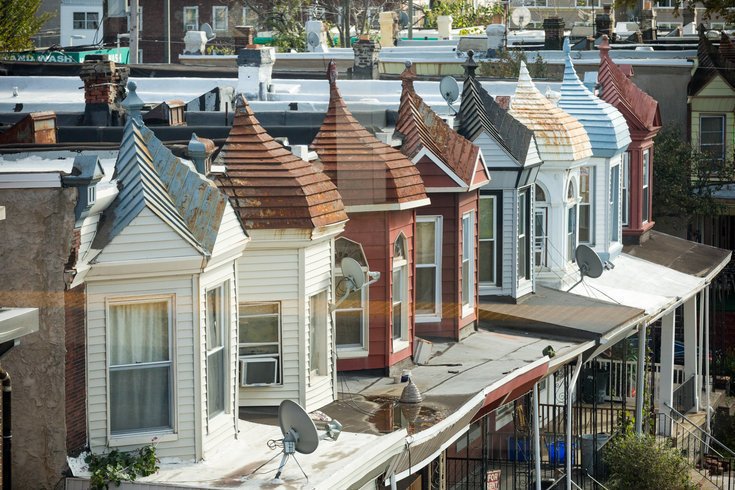
December 16, 2021
 Thom Carroll/for PhillyVoice
Thom Carroll/for PhillyVoice
Philadelphia's Eviction Diversion Program has been extended through the end of 2022 following an unanimous vote in City Council. The program requires any landlord seeking to evict for nonpayment to apply for rental assistance and wait 45 days before making a court filing.
Philadelphia City Council unanimously approved legislation that extends the Eviction Diversion Program through the end of 2022. The initiative, spearheaded by Councilmember Helen Gym during the initial surge of the COVID-19 pandemic, has become a national model for preventing poverty-based evictions.
The bill does not present a framework for making it permanent, though by adding it to the Philadelphia City Code, it is no longer simply an emergency relief program. The state's Supreme Court – which previously ruled its expiration for Dec. 31, 2021 – now no longer needs to regulate it.
The program will go on for as long as there is funding to support it, as the City recently requested an additional $485 million to keep up with the demand for rental and housing assistance. If the funding does not materialize, the program will be adapted to support agreements between landlords and tenants.
Adopted in September 2020, the eviction diversion program is a method of mediation for landlords seeking to evict for nonpayment. Landlords must apply for rental assistance, and wait 45 days before filing with the courts if the issue is not resolved.
The program has been lauded by the White House for its accomplishment in reducing the number of evictions throughout Philadelphia during the pandemic. Now, as other COVID-19-based relief programs are expiring and ending, the program will continue to assist both renters and landlords in preventing income-based evictions.
Philadelphia has led the country in preventing evictions during the pandemic, reducing evictions by 75% for two years in a row.
— Helen Gym (@HelenGymAtLarge) December 16, 2021
Today, City Council unanimously approved my legislation to bring our eviction diversion program into our City's code. pic.twitter.com/eQ1ovyzvJR
"I was barely scraping by on my bills and food," said John Mitchell, a tenant who testified at a Council hearing on Dec. 8 in support of the bill. "If I didn't have this mediation program, it would have caused a very traumatic experience in my life."
The program has a 93% success rate, protecting much of its caseload – around 2,500 – from resulting in eviction, according to Gym.
Through the program, the city has assisted over 38,000 households, distributing over $240 million in rental aid, and has spawned similar strategies in other parts of the state, including in nearby Bucks County.
A June letter from the Department of Justice praised Philadelphia's rental assistance and landlord mediation programs, explaining that COVID-19 exacerbated housing crises that already existed. Associate Attorney General Vanita Gupta wrote that by requiring landlords to apply for rental assistance before attempting to evict tenants for nonpayment, the city has also helped reduce caseloads in court filings by encouraging landlords and renters to solve issues without a court order.
The bill now awaits Mayor Kenney's signature, who has previously signaled his support.
Landlords who would like to apply can do so at the programs website.